‘I Am A First’ Faculty and Staff Bios
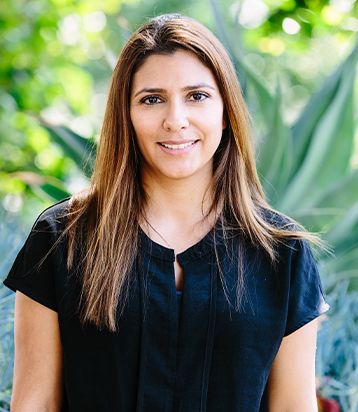
Angie Covarrubias Aguilar
Upward Boundcovarrubias@hmc.edu
I grew up in the San Gabriel Valley and luckily enough when I was in high school I participated in the HMC Upward Bound program. Upward Bound is a federally -funded program for first generation, low income college bound students. The goal is to help students develop the skills and motivation necessary to success in a four-year university and beyond. Upward Bound really introduced me to opportunities in education and institutions that I wasn’t aware were available to me. With their guidance I applied and was accepted to Georgetown University. This West Coast, first gen., was headed to the East Coast! Transition was not always easy but I was constantly encouraged by what I learned in Upward Bound, encouraged by my family and community and I knew that my success was at times bigger than me.
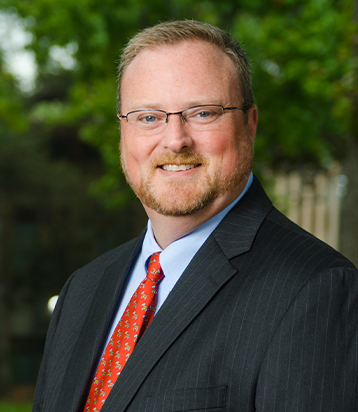
Tim Hussey
Office of Communications and Marketingthussey@hmc.edu
I grew up in a small town in rural Alabama and attended the university in my hometown, Troy University. There, I majored in print journalism with a contract in public relations. I knew from an early age that I wanted to attend college, but at the time, I was convinced I was going to be a reporter for The New York Times. Although both of my parents really wanted me to attend college, since neither of them had gone to a four-year college or university, it was really difficult for me to get any of my questions answered about the process, what to expect, etc. They were incredibly supportive throughout the entire process, and their belief in me and my abilities was one of the main reasons I pushed myself to pursue my bachelor’s degree.
When I got to college, my first quarter (we were on the quarter system instead of semesters) was absolutely horrible, and for a time, I thought I wouldn’t make it. I didn’t feel like I fit there, and at times, I really questioned whether I belonged. I was always shy and was terrified of asking people for advice or help. It was a real struggle. After the first winter break, I came back and was determined to find a place where I would fit in. I took my first journalism class and was encouraged to work for the student newspaper. Getting involved in that outside-the-classroom activity gave me a support system of friends and taught me incredibly valuable skills that I still use in my career today. My work there eventually opened the door to a chance to work in the university’s Office of University Relations, and through this work, I found my future career path. Today, I oversee Communications and Marketing for Harvey Mudd.
Interestingly enough, for a kid growing up in the middle-of-nowhere Alabama who hated his first quarter at college, I have become someone who has devoted his career to helping colleges and universities tell their stories. It’s been an amazing journey!
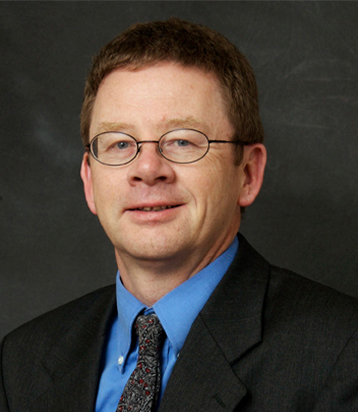
Joseph Vaughan
CISUndergraduate institution: Trinity College DublinHome town: born in Enniscorthy, County Wexford, Irelandvaughan@g.hmc.edu
My Dad was a primary school teacher and taught all of his eight children for at least three years each. When he was trained as a teacher in Ireland, it was two years of preparation and did not involve a university degree. He was a big believer in education and wanted me to go to College, as did my mother. I did not want to go, but I did in the end. Support systems were practically non-existent at Trinity in the 80s and they were pretty limited when I arrived at UCLA in 1985 to do graduate work (after my first ever plane flight from Dublin to Los Angeles!
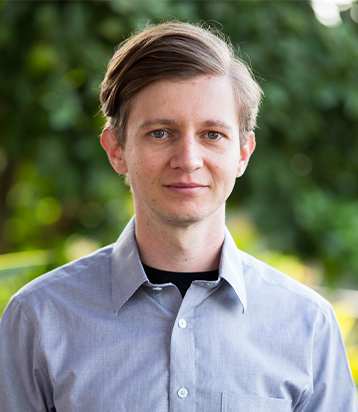
Lucas Bang
Department of Computer Sciencelbang@cs.hmc.edu
I grew up in Las Vegas and began living independently while still in high school, working at a restaurant washing dishes to pay rent. I pretty much expected to have a career in cooking (I eventually became a kitchen supervisor), but one of my high school teachers convinced me to speak to an admissions counselor at the University of Nevada, Las Vegas (UNLV). I was accepted and started taking math and engineering classes. I became a McNair Scholar, and eventually earned three degrees: BS Mathematics and BA/MS Computer Science. My master’s program advisors strongly encouraged me to apply to PhD programs. Now I am a professor! I joined the HMC Computer Science Department faculty in 2018 after finishing a PhD at the University of California, Santa Barbara, where I worked on automatic quantitative program analysis, my current primary area of research.
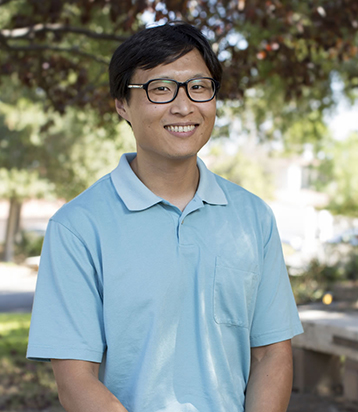
Jae Hur
Department of Biologyhur@g.hmc.edu
I was born in South Korea and despite not having had much opportunities, my parents overcame the odds and immigrated to the US in 1984. Since then, we’ve made the greater Los Angeles area our home. Maybe because they had never had the opportunities that we did, my parents were always very supportive of my sisters’ and my education in every way–the people they wanted us to emulate the most were all well-educated scientists and leaders. In particular, I had one particular uncle who managed to make it through university on his own, all through scholarships, and he was definitely the greatest inspiration for my family. Both of my older sisters entered college before I did, and I followed their footsteps as best I could. I ended up attending Caltech for my undergraduate degree, and the school was amazingly generous due to my low-income and first-generation statuses. Of course, I also had my family supporting and cheering for me every step of the way.
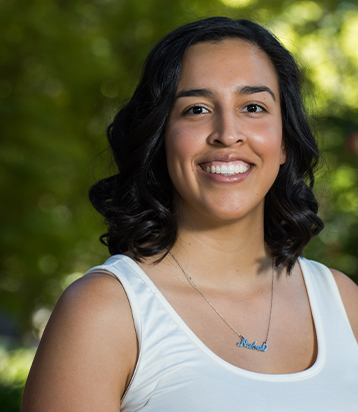
Nabel Villafana
Office of the Registrarnvillafana@g.hmc.edu
Nabel Villafana grew up in Chino, CA and received her B.A. in Communications from the University of California, San Diego in 2012 and her MBA at the University of La Verne in 2016. She decided to pursue higher education because of her passion for learning and continuous growth. The biggest influences in her life are her two parents who immigrated from Mexico and have taught her the value of working hard and helping others. Her biggest support system in college, aside from her family and friends, was the inspiring staff and faculty at UCSD and ULV who were willing to not only help answer questions, but who also provided support when she felt she was not good/smart enough to push through the roadblocks she encountered. Helping underrepresented and first-generation college students complete their college education is of great importance to her, and besides serving as a mentor, Nabel has also been involved with various community initiatives to provide students with the skills and support needed to succeed in the higher education setting.